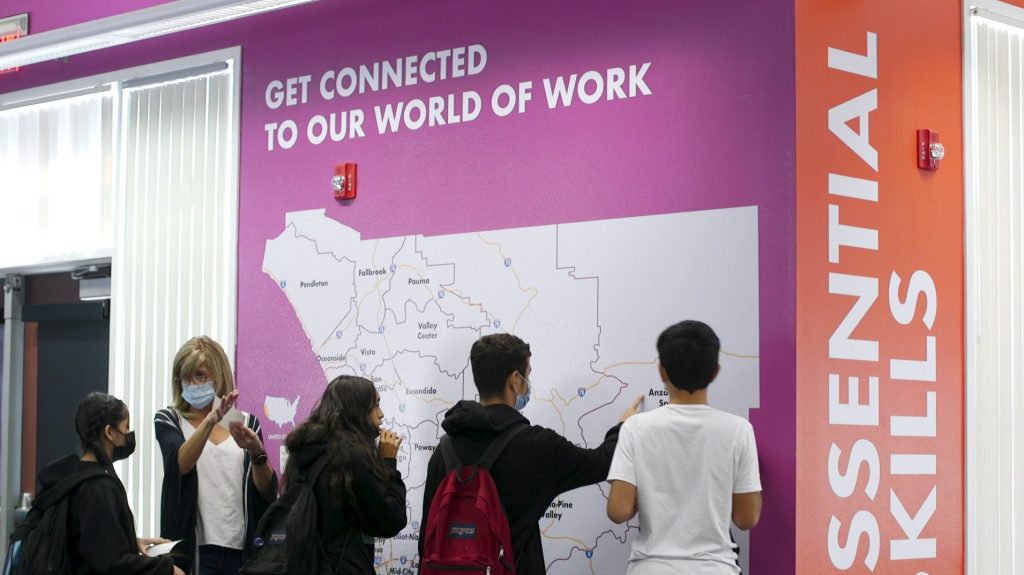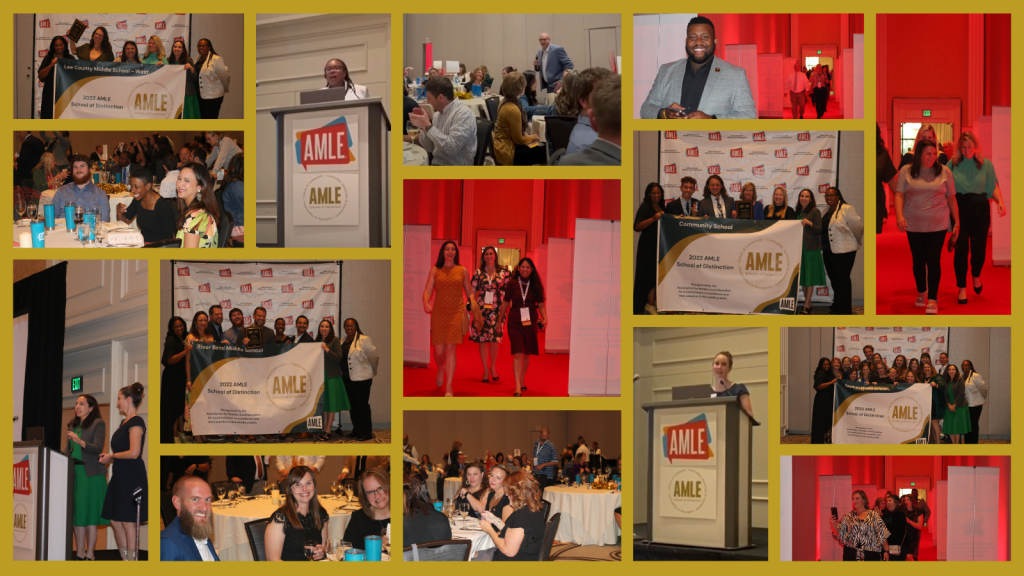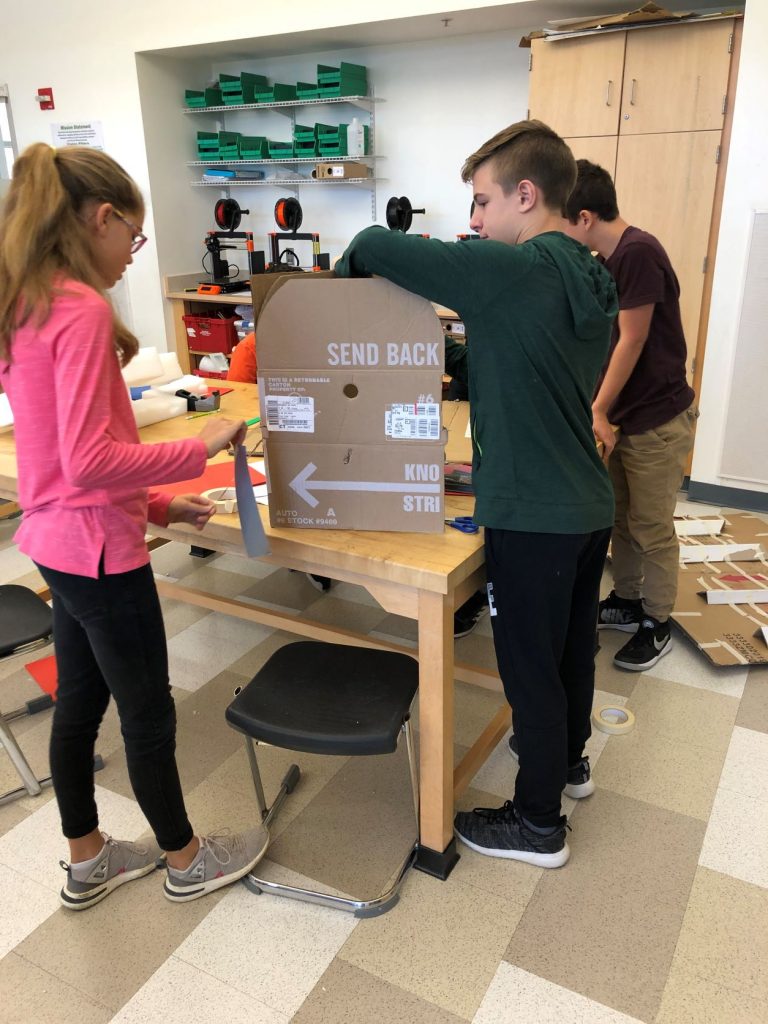

Trending Topics

Why Middle School: Challenging an Outdated Paradigm with a New Approach The model has remained steady for decades: wait until kids are juniors or seniors in high school to get them thinking seriously about what education-to-career pathways they may want to pursue after graduation. But let’s put ourselves in the shoes of a high school
Read More... from High School is Too Late to Start the Career Conversation.
0

AMLE recognized its inaugural class of Schools of Distinction earlier this month, in conjunction with the organization’s 49th Annual Conference in Orlando, Florida. The twelve schools were selected for their fervent commitment to implementing the essential attributes and characteristics of successful middle grades schools. In addition to being celebrated during a special awards ceremony, each
Read More... from AMLE Celebrates Inaugural Schools of Distinction
0

Cornelius Minor and Kass Minor help #AMLE22 attendees find their bottom lines as educators Cornelius and Kass Minor believe that kids don’t just learn in school. They become. It’s an attitude reflective of what we know about middle grades best practice, making them the perfect keynoters for #AMLE22 and our return to in-person conference. We
Read More... from Reimagining School – What should it look like and who is it for?
7





0